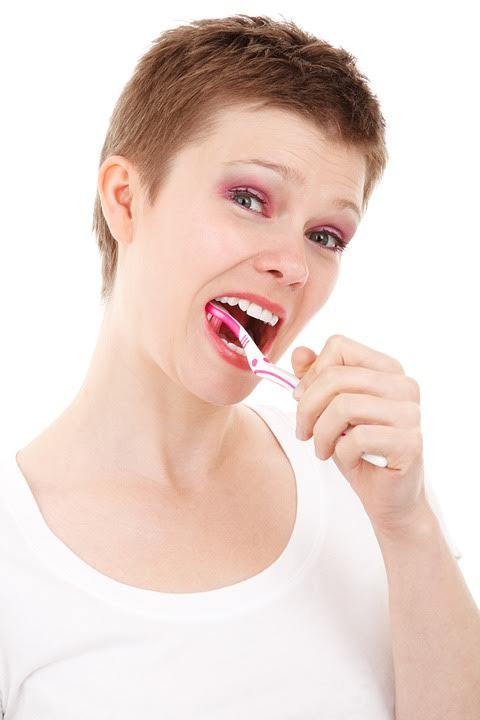
Did you know your oral health can impact your overall health? We’ve compiled a list of 5 tidbits about your teeth and oral health.
Say Cheese
Cheese has been found to promote dental health by helping prevent tooth decay. The calcium and phosphorus found in cheese help neutralizes acid in the mouth. Acid can create dental erosion, which can cause decay that may require filling. Cheese creates a protective film around teeth and helps remineralize the enamel.
Keep Smiling
Your smile can make a difference. Studies have found that 50% of people consider a smile the first facial feature they notice. One study found that 88% of us remember people with beautiful smiles whenever we meet new people. This means attractive smiles are key to being more noticeable and remembered.
Toothbrush Time
Don’t forget to replace your toothbrush at least once every three months. You should get a new toothbrush after recovering from any sort of viral infection, flu, or cold. You are more likely to be re-infected if these bacteria implant themselves on the bristles.
You’re Unique
In your lifetime, you only get two sets of teeth— baby teeth and permanent teeth. It is important to take proper care of your permanent teeth. Did you know that no two people have precisely the same set of teeth? Your teeth are as unique as a fingerprint. This is the reason teeth are used by investigators for identification. Your tongue also has a unique print, though it is not commonly recorded.
F.Y.I on Floss
Floss is a lot more useful than you may think. If you skip out on your daily flossing, you can miss cleaning up to 40% of your tooth surfaces. Flossing can also help prevent gum disease by removing plaque near the gum line. Floss has other alternative creative uses. The next time you are looking for a fun holiday project, grab some dental floss and a handful of cereal to string for the tree. Floss works well for repairing a bead necklace too!
Bonus Fact: Health professionals are rated among the most trusted people in the U.S so make sure to call our dentist and make an appointment today!









 Is anxiety or nervousness preventing you from visiting our team? Dental treatments should not be a cause of stress. If you worry about pain, embarrassment, or loss or control during a dental examination, we want you to know two very important things: You are not alone and We can help.
Is anxiety or nervousness preventing you from visiting our team? Dental treatments should not be a cause of stress. If you worry about pain, embarrassment, or loss or control during a dental examination, we want you to know two very important things: You are not alone and We can help.